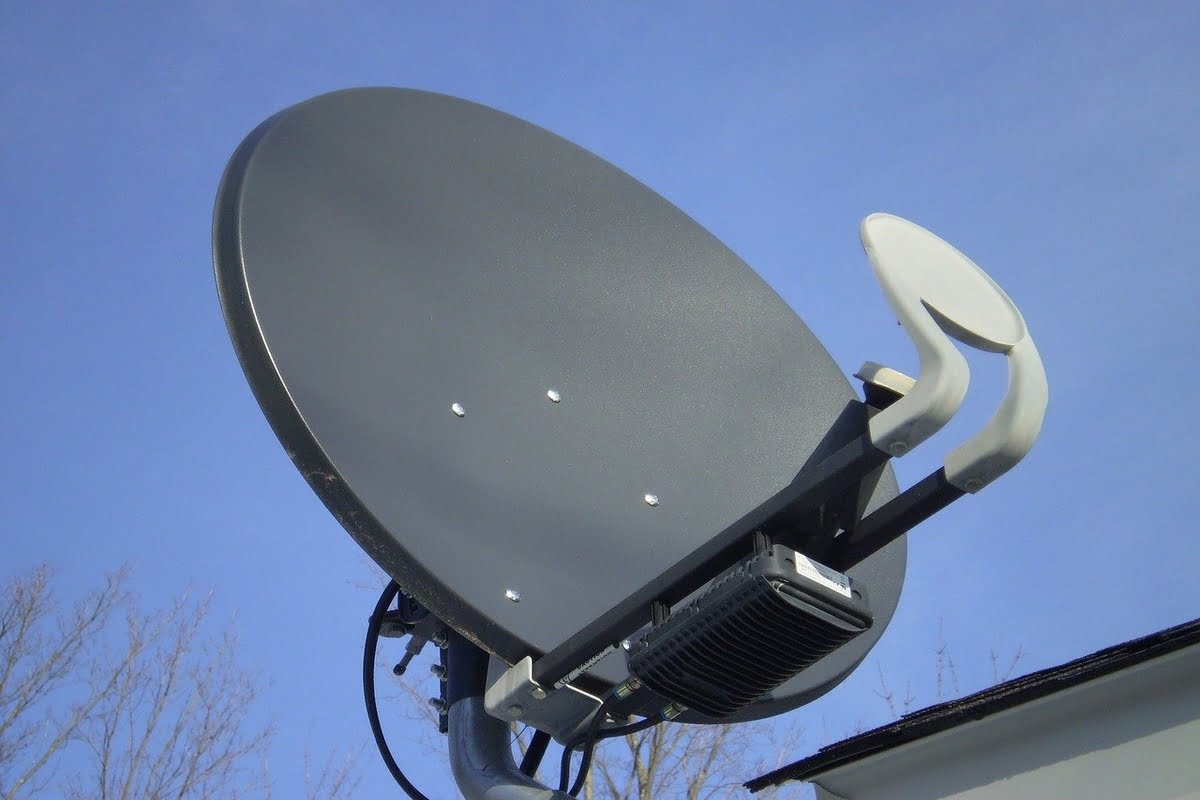The broadcasting companies in India, which include major names like Star India, Viacom18, ZEE Entertainment, and others, have been united in their tussle against the National. Tariff Order 2.0 for more than a year now. The broadcasters clubbed themselves under the umbrella of the Indian Broadcasting Foundation (IBF) and, with the method of the petition, opposed the NTO 2.0 put out by TRAI in January 2020. However, they received an unfavourable judgment by the Bombay HC, which upheld the constitutional validity of the NTO 2.0. Now the IBF has filed another petition in the Supreme Court opposing the order of Bombay HC. The hearing of this matter has been now adjourned to August 18 by the apex court.
Broadcasters Still Trying to Oppose NTO 2.0
To recall, the Telecom Regulatory Authority of India (TRAI) had brought the first iteration of the National Tariff Order back in 2019; after a lot of opposition, TRAI made some changes in the scheme and put forth the new rules in January 2020. What followed after was a barrage of complaints from the subscribers and a lot of legal opposition from the broadcasters, which continues to date. The NTO 2.0 caps the broadcasters’ ability to price channels as per their wish. As per the rules notified by TRAI, a channel can be priced with a maximum of Rs 19. There was also a rule in the NTO 2.0 that prohibited the broadcasters from pricing the channel as a-la-carte more than one-third the price of the channel in a bouquet. However, this was the only clause that was struck down by the Bombay High Court order in the earlier ruling.
Only One Strike by Bombay HC On NTO 2.0
Apart from this one strike on the NTO 2.0, on the grounds of being arbitrary, Bombay HC had said that the petition against the NTO 2.0 does not have any ground. It’s worth noting that the NTO 2.0 had set the Network Capacity Fee of Rs 130 to be paid to the intermediaries, which are MSOs and DTH operators, on top of which the subscribers have to subscribe to channels that can be Free to Air (FTA) or pay channels priced at a maximum of Rs 19 per month.
